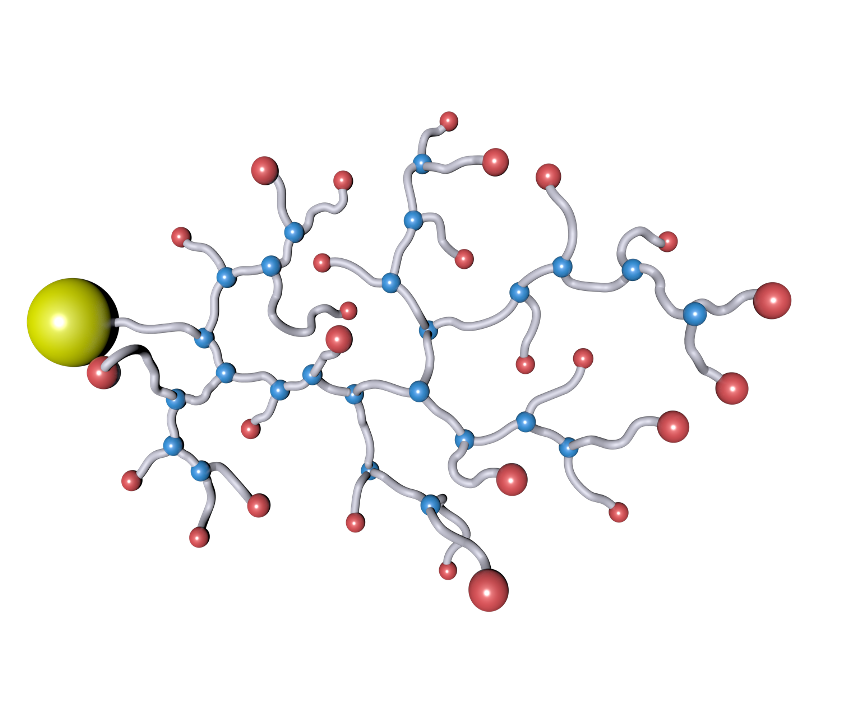Polymers in Medical Care: Improving Medical Instruments and Treatments
Polymers in Medical Care: Improving Medical Instruments and Treatments
Blog Article
Checking Out the Varied Applications and Benefits of Polymers in Different Industries
Polymers, with their varied variety of residential or commercial properties and performances, have ended up being vital in various industries, each gaining unique benefits from their application. From boosting security and performance in the vehicle industry to reinventing medical tools in the healthcare industry, polymers play a crucial function.
Automotive Market Applications
Polymers play an essential duty in enhancing the efficiency and sturdiness of different elements within the vehicle industry. One famous use of polymers in the auto market is in the production of lightweight components.

Healthcare Sector Benefits
In numerous health care applications, the advantages of making use of polymers are commonly recognized for their diverse variety of beneficial homes. Polymers play a vital duty in the health care industry due to their convenience, biocompatibility, and cost-effectiveness. One of the key advantages of polymers in healthcare is their capability to be tailored to details demands, such as flexibility, longevity, and biodegradability, making them ideal for a broad variety of clinical applications.
Polymer-based products are extensively utilized in clinical devices, such as catheters, implants, prosthetics, and medicine distribution systems, as a result of their biocompatibility and capacity to mimic natural tissues. These products can minimize the risk of allergies or beings rejected, enhancing client safety and outcomes. Furthermore, polymers are lightweight, making them appropriate for wearable clinical tools and guaranteeing client comfort.
Moreover, polymers make it possible for the growth of cutting-edge therapy techniques, such as hydrogels for cells design and nanocomposites for targeted medication distribution. Their simplicity of processing and sanitation makes them necessary for preserving high criteria of hygiene in health care settings. Overall, the varied advantages of polymers contribute significantly to advancements in medical innovation and patient treatment.
Environmental Advantages of Polymers

Furthermore, polymers can add to power savings due to their light-weight nature. In markets such as transport, light-weight polymer materials can aid reduce fuel intake and greenhouse gas emissions. In addition, polymers can make it possible for the advancement of energy-efficient products such as insulation products that improve power conservation in structures.
Moreover, polymers play a vital function in decreasing water air pollution. The usage of polymer-based filtering systems can have a peek at these guys successfully remove contaminants and contaminants from wastewater, securing water sources and ecological communities. Overall, the ecological advantages of polymers make them important assets in advertising sustainability and environment-friendly methods across various industries.
Polymers in Electronics and Innovation
Considering the raising demand for innovative and lasting remedies in modern-day industries, the combination of innovative polymer modern technologies in the realm of electronic devices and technology has actually become a pivotal strategy for driving effectiveness and performance. Polymers have reinvented the electronics industry by making it possible for the manufacturing of lighter, more adaptable, and long lasting electronic gadgets. From smart devices to medical try here devices, polymers play an important function in enhancing product style and performance.
One substantial advantage of polymers in electronics is their protecting residential properties, which aid shield fragile digital elements from ecological aspects and electrical interference. Furthermore, polymers are crucial in the growth of flexible displays, wearable technology, and printed electronics, using endless possibilities for creating clever and interconnected tools.
Moreover, using polymers in digital packaging has led to developments in miniaturization and thermal management, enhancing the overall efficiency and integrity of electronic systems. As modern technology continues to evolve, the convenience and adaptability of polymers will most certainly drive even more development in the electronics sector, forming the future of technology.
Role of Polymers in Building And Construction and Framework
Polymers use many advantages in the construction sector due to their adaptability, longevity, and cost-effectiveness. One essential function of polymers in check over here building is their use in coverings and sealers, providing protection versus environmental aspects such as moisture, UV radiation, and rust.
Moreover, polymers play a critical role in sustainable building and construction techniques by enabling the advancement of energy-efficient structures. Protecting materials made from polymers help manage indoor temperatures, lowering the demand for home heating and cooling down systems and inevitably decreasing energy consumption - Polymers.
Verdict
In final thought, polymers play a crucial function in various sectors such as vehicle, healthcare, ecological, electronic devices, and building and construction. From enhancing gas effectiveness in cars to improving clinical tools, polymers offer numerous benefits.
Report this page